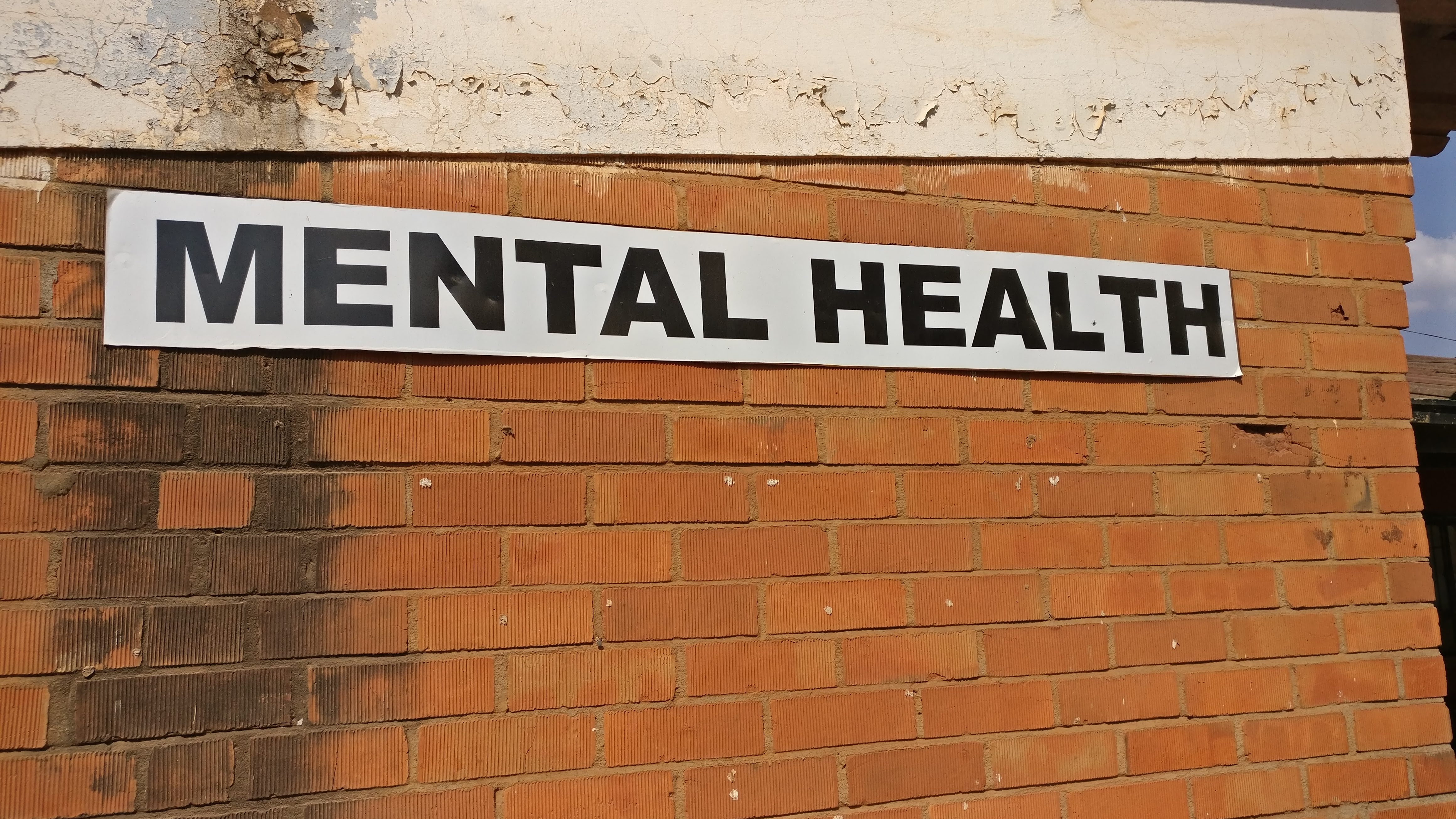General


CONTENT
Attributes of the concept mental health literacy
Maintaining good and positive health
Community care and cultural perspectives
Professional treatment and ethical thinking of a person suffering from psychiatric illness or malpractice
OBJECTIVES
Student
LEARNING AND TEACHING METHODS
Self-study, quiz, reflective essay, online webinar, group work
ASSESMENT
Approved/ to be supplemented
Share to your study fellows the three (3) most important learning outcomes that you have learned from mental health literacy during this course part I. Write your outcomes to the conversation/discussion area. Comment at least three discussions that other students have wrote.
By putting these tactics into practise, community care nursing may be promoted and its influence on enhancing community health outcomes can be maximised.
INTEGRATED COMMUNITY
In mental health promotion, supporting community care nursing necessitates an all-encompassing strategy that includes nurses, policymakers, healthcare organisations, and communities, among other stakeholders. The following tactics can be used to promote community care nursing:
Inform the public and lay people about the function and significance of community care nursing in enhancing health outcomes to raise awareness. Spread the word by utilising various platforms for communication, such as social media, newsletters, and neighbourhood activities.
Fostering collaboration between healthcare organisations and neighbourhood organisations may create and implement community-based services. Working together with neighbourhood groups can promote trust and raise community involvement.
From the professional educational development’s perspective,
Provide resources and training to nurses to help them advance their expertise in community care nursing. Programs for continuing education, mentoring, and leadership development can be included in this.
MORE RESEARCH INFRASTRUCTURE
Research effort should be put more on examine the effects of community care nursing on health outcomes and financial efficiency. This could support the argument for funding community-based nursing programmes.
Advocate for increased financing for community-based health initiatives and investments in community care nursing programmes. This can be accomplished by writing letters, engaging in advocacy campaigns, or engaging in lobbying.
INTEGRATED FAMILIES
Include patient and family involvement in decision-making and care planning to emphasise patient-centered care in community nursing. The patient experience and health results may both be enhanced by this strategy.
CONTENT
Global mental health strategies and mental health promotion in communities
Main challenges in mental and substance abuse care
Patient care chain and service environments
The benefits and disadvantages of digitalization globally
OBJECTIVES
Student:
LEARNING METHODS
Independent reading and assignments, Online webinar
ASSESSMENT
Approved/ to be supplemented
CONTENT
Student:
LEARNING METHODS
Independent reading and assignments, Online webinar
ASSESSMENT
Approved/ to be supplemented